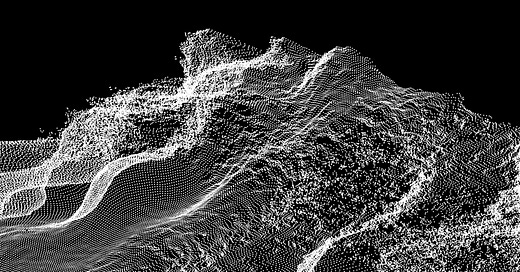In today's TPOM, we will examine physicalism. As was addressed in an earlier TPOM, physicalism is distinct from materialism. We will examine that area of critical distinction, hopefully learning a few things in the process.
What is Physicalism?
"The theory that all reality is explicable in terms of physical properties and laws." OED.
"In the philosophy of the Vienna Circle: the theory that all science must be ultimately expressible in the language of physics. OED.
"The doctrine that reality is composed of matter and that mind is, therefore, reducible to matter." APA Dictionary of Psychology.
"The view that all meaningful propositions can be stated in the language of the physical sciences and in operational definitions." APA Dictionary of Psychology.
"In philosophy, physicalism is the metaphysical thesis that "everything is physical," that there is "nothing over and above" the physical, [1] or that everything supervenes on the physical. [2] Physicalism is a form of ontological monism—a "one substance" view of the nature of reality as opposed to a "two-substance" (dualism) or "many-substance" (pluralism) view. Both the definition of "physical" and the meaning of physicalism have been debated. " Wikipedia.
Physicalism is differentiated from materialism in that it deals not only with matter, which is the primary domain of materialism, but it also deals with the aspects that materialism misses, such as the laws of physics and the forces, e.g., gravity, as well as the concept of energy. In short, this can be seen as a further extension of materialism, helping the concept to become more complete. At one level, they are interchangeable, though it would be unwise to conflate the two in certain circumstances when dealing with them philosophically.




